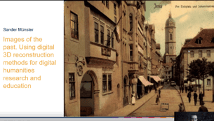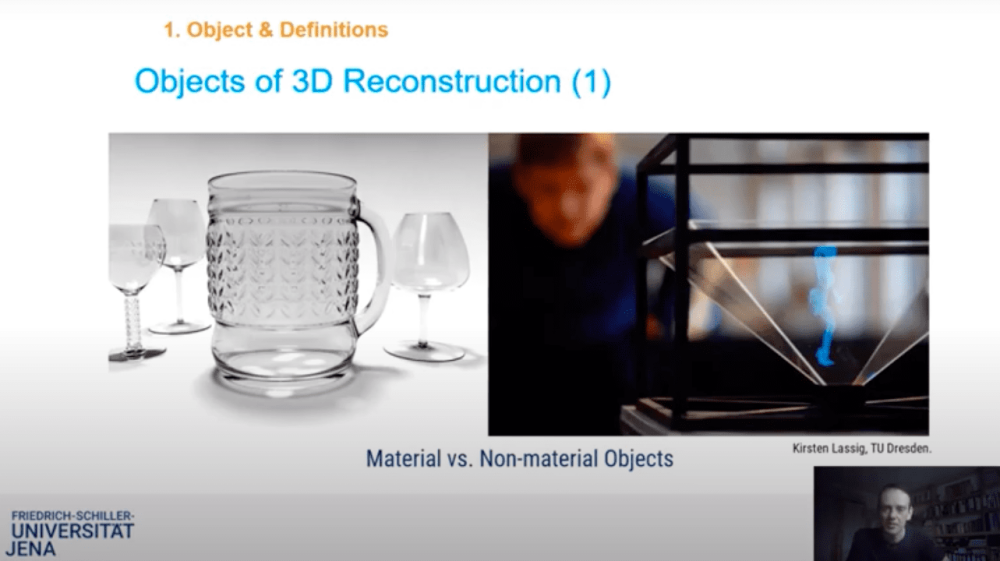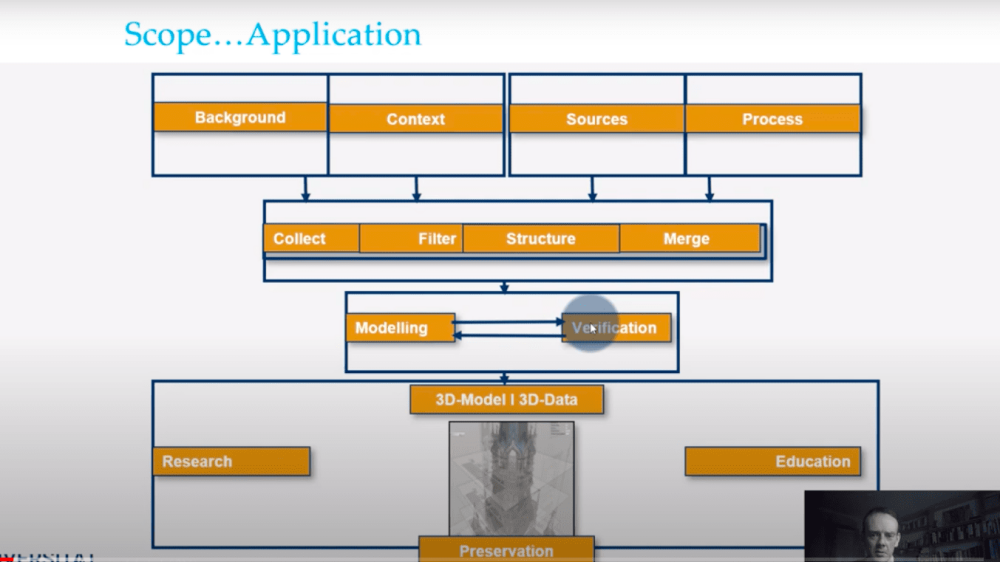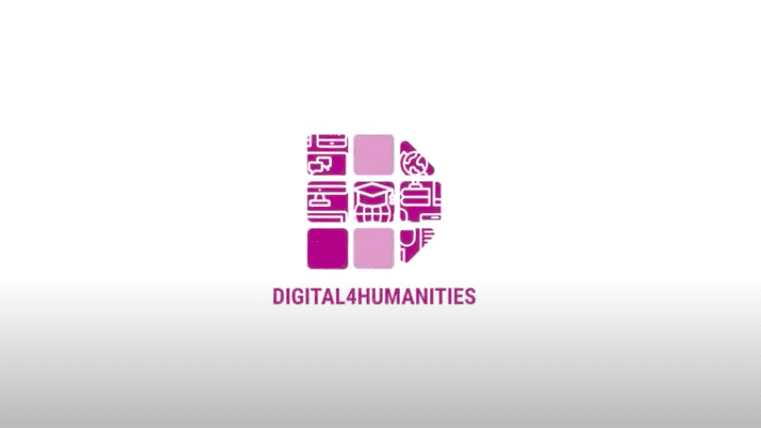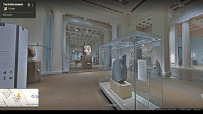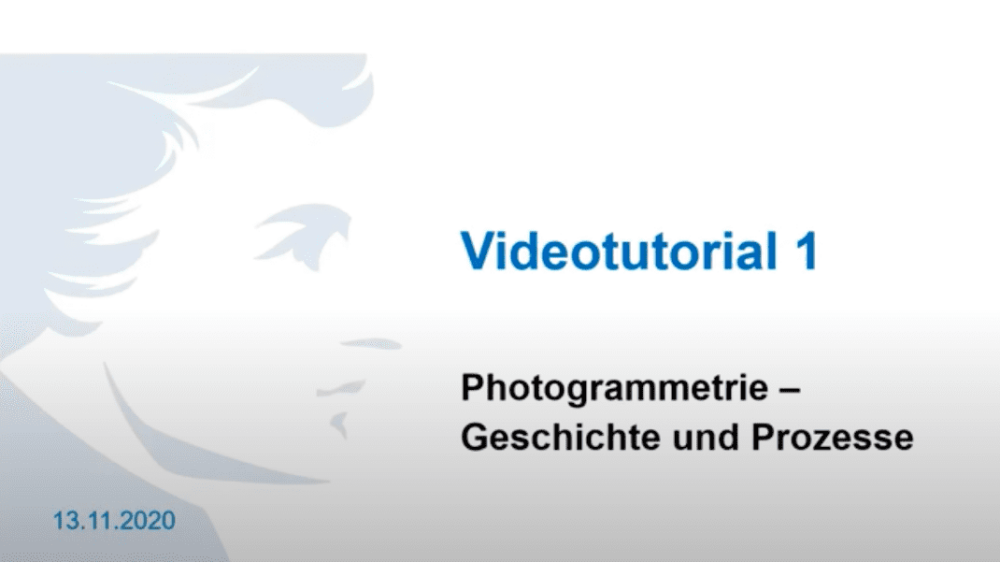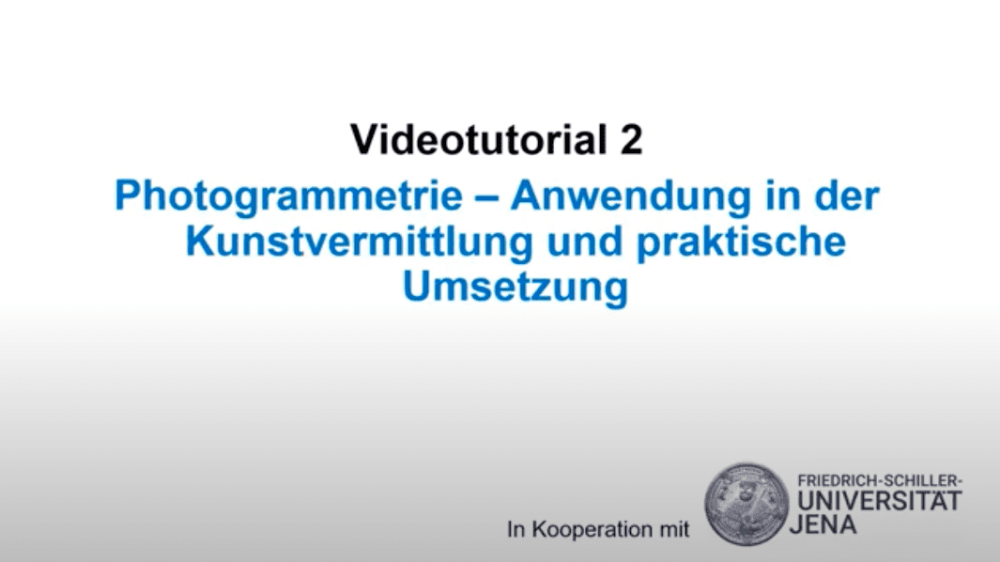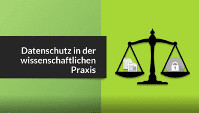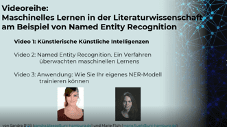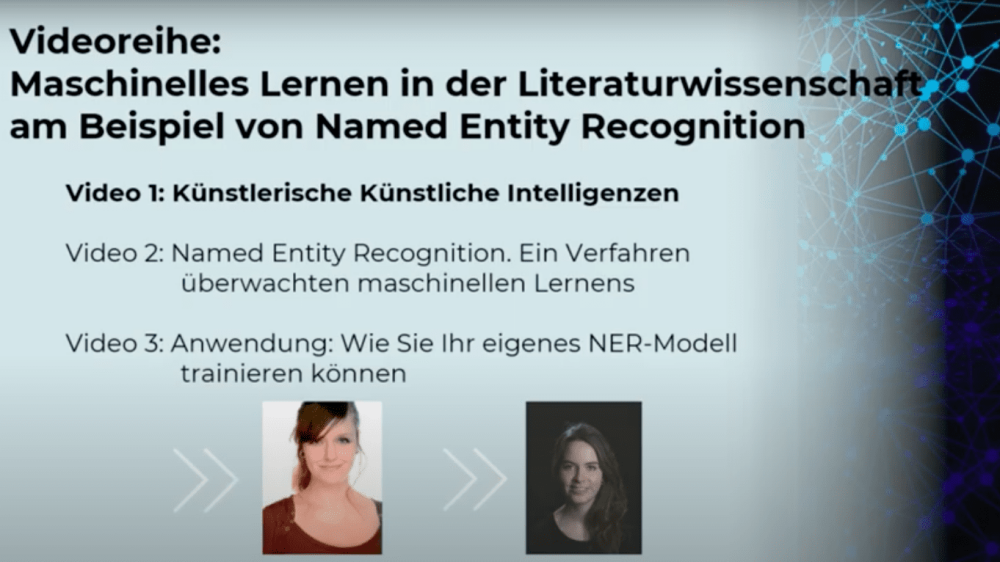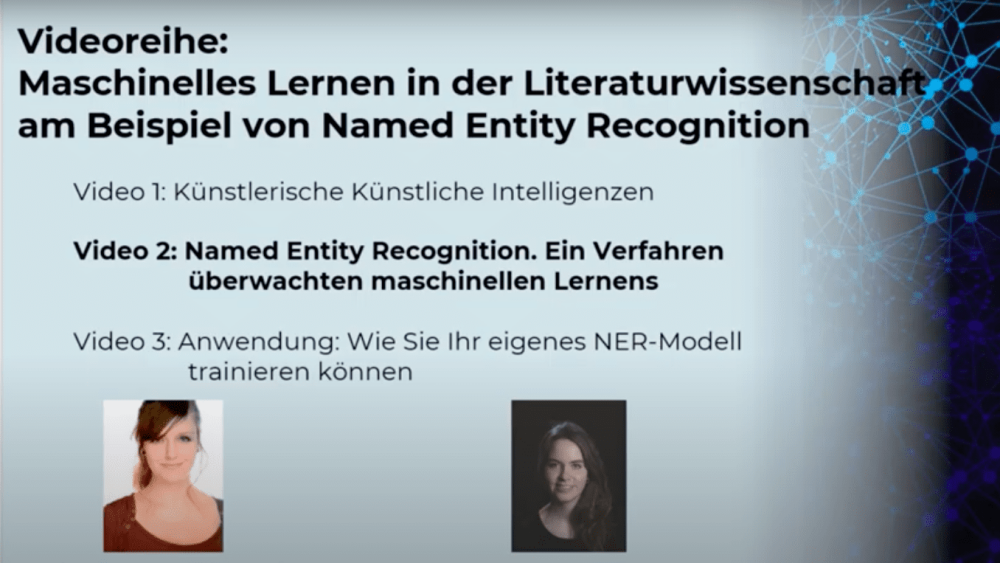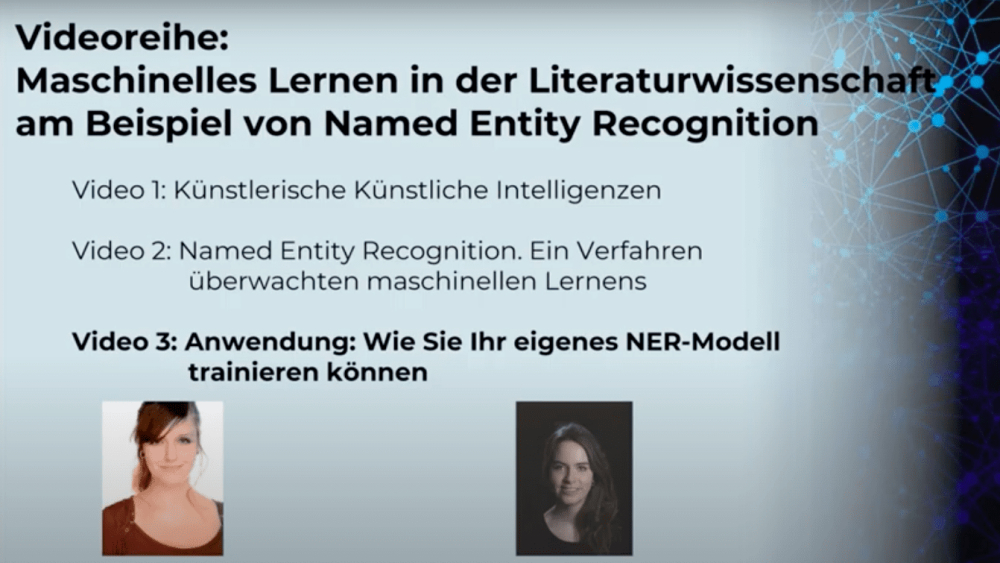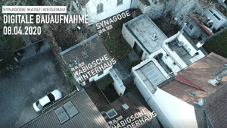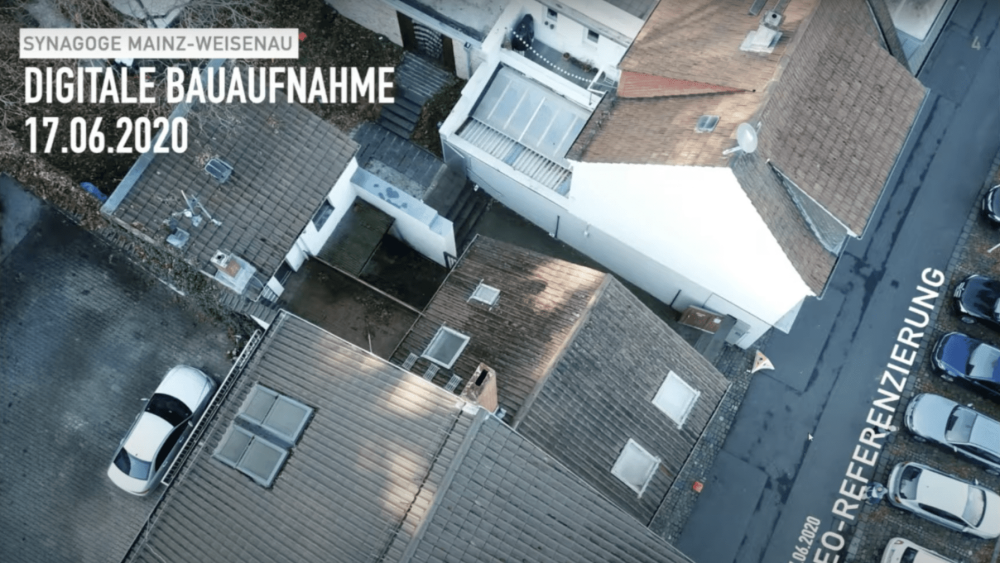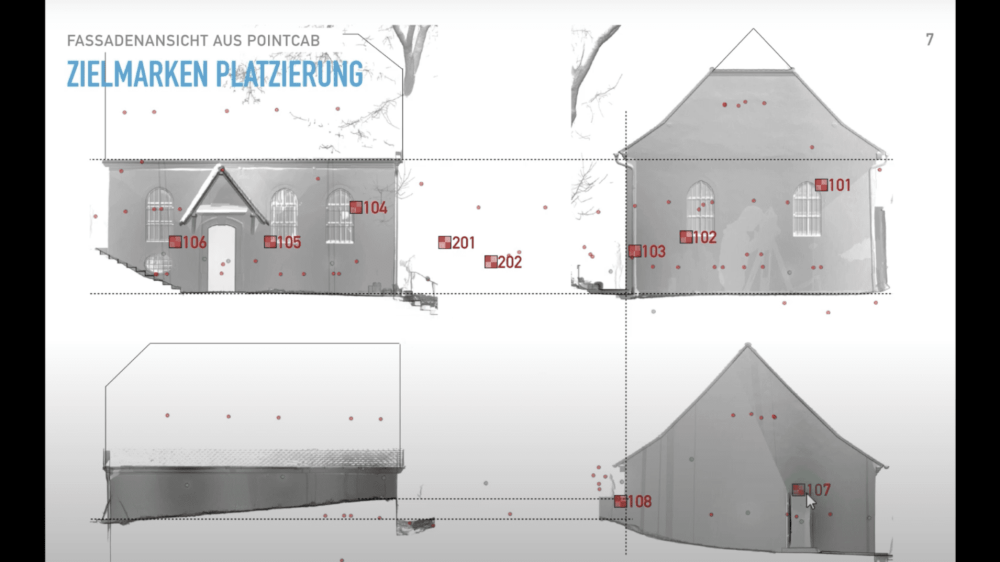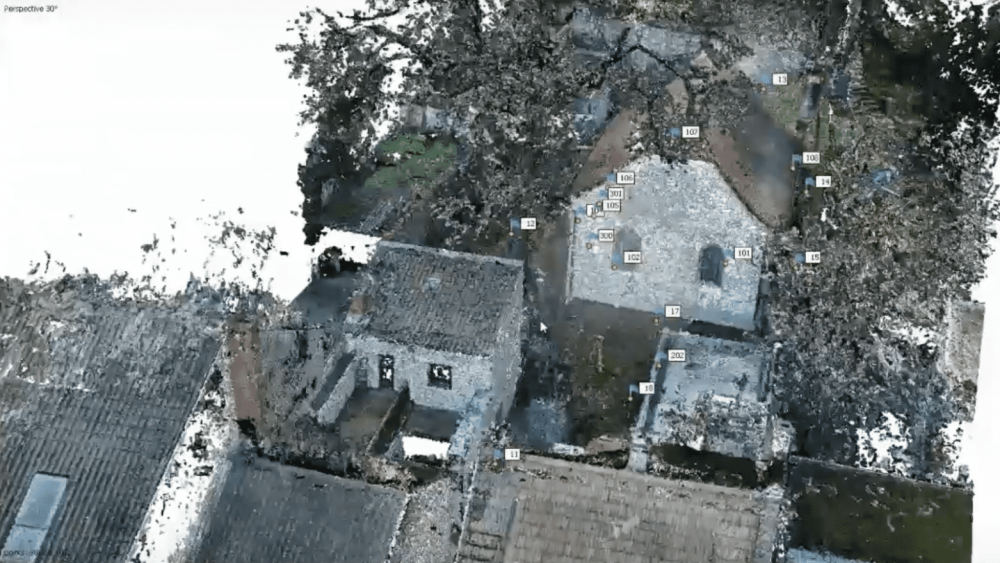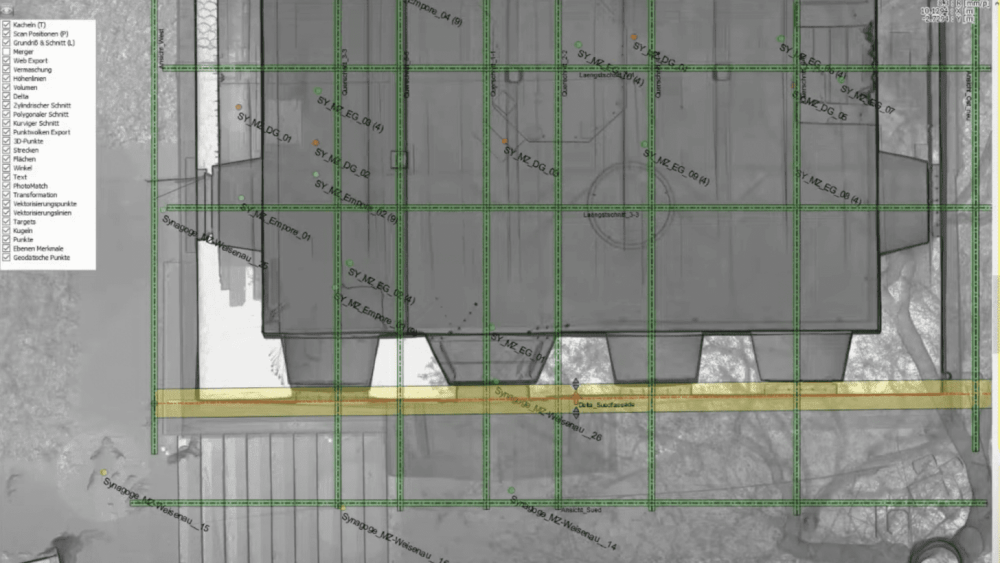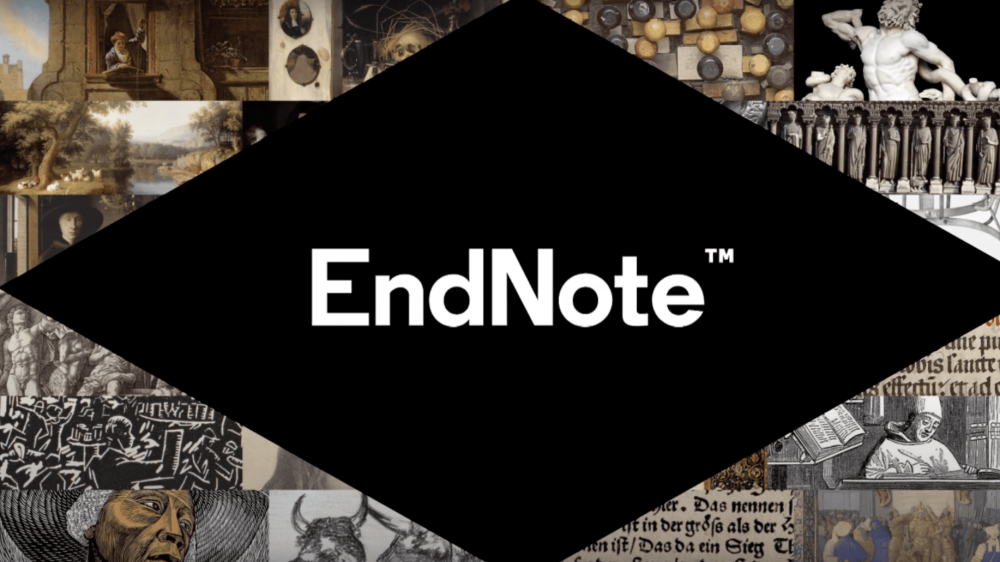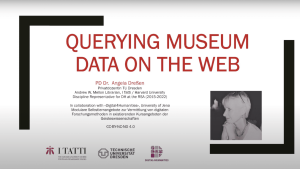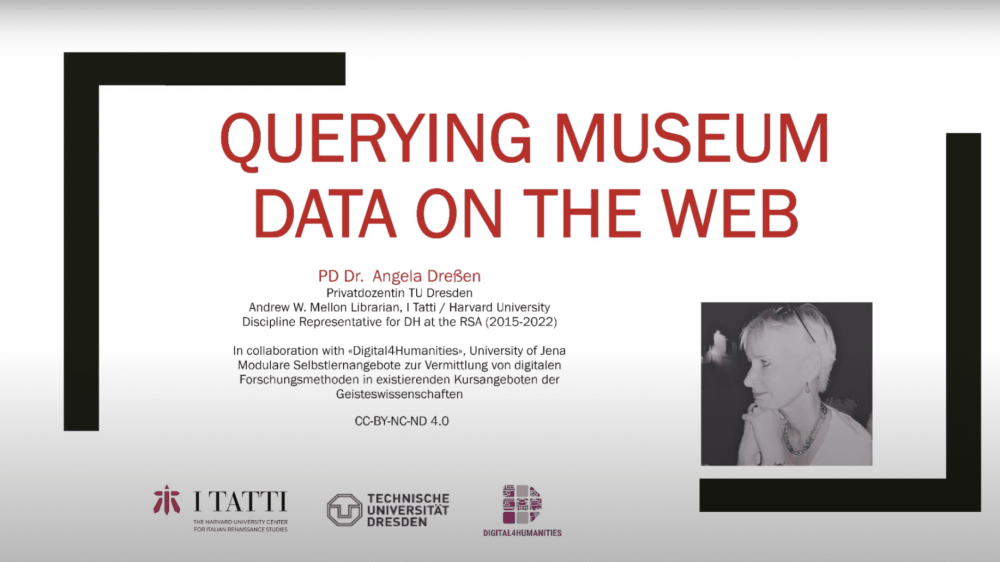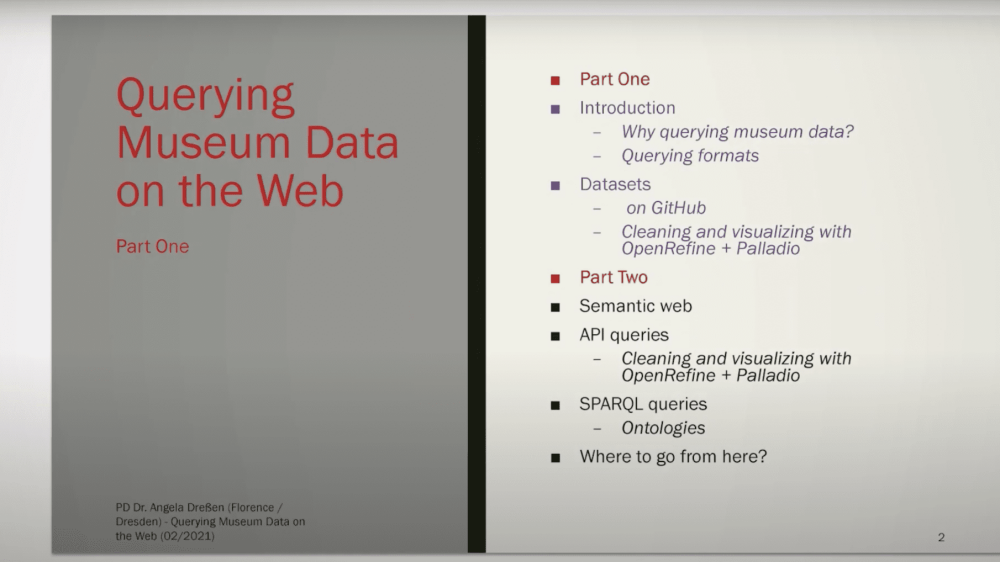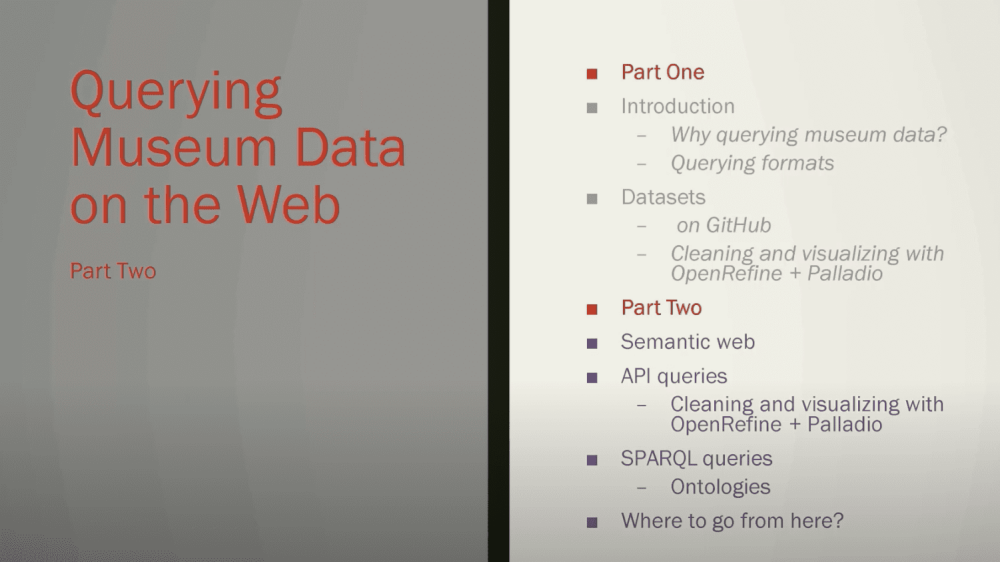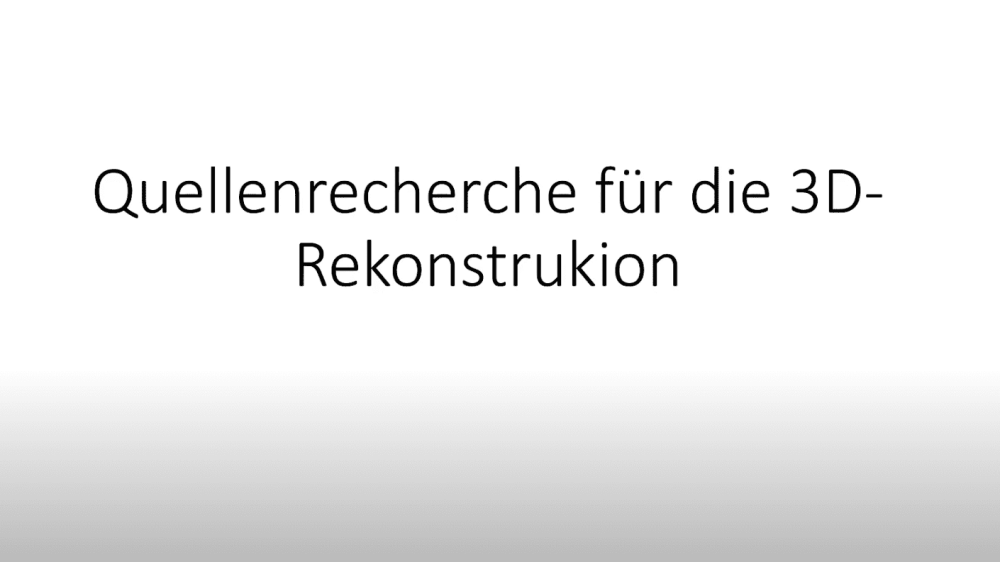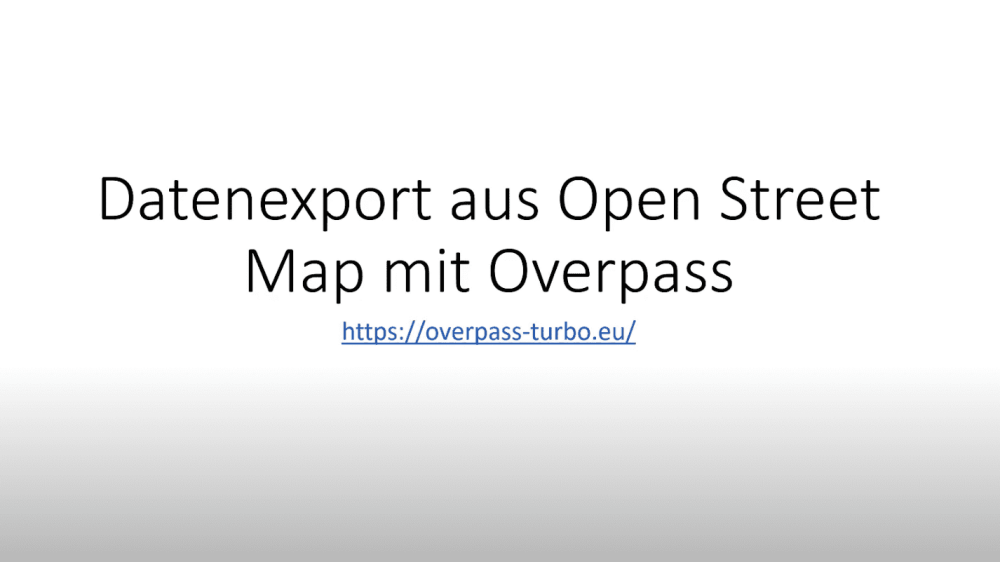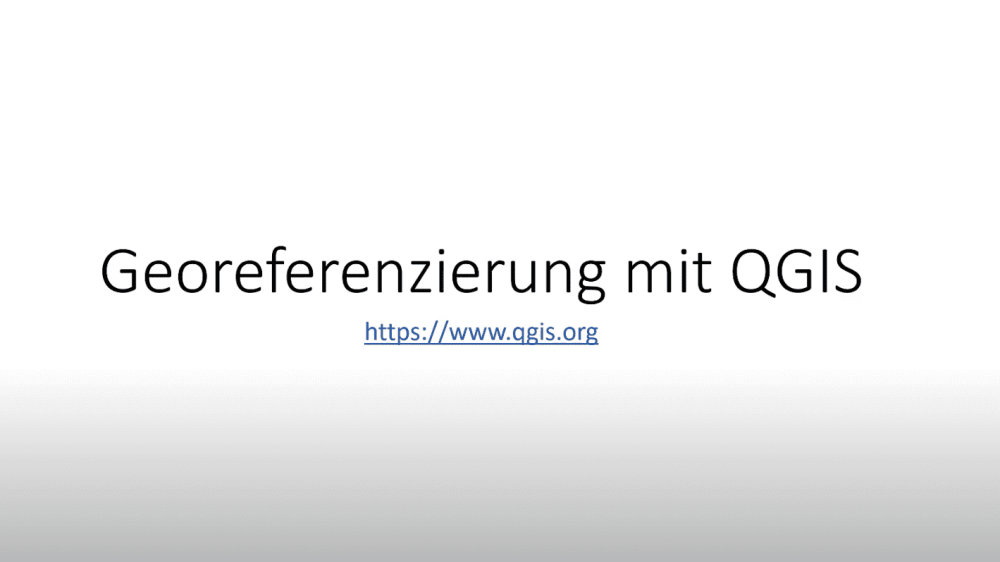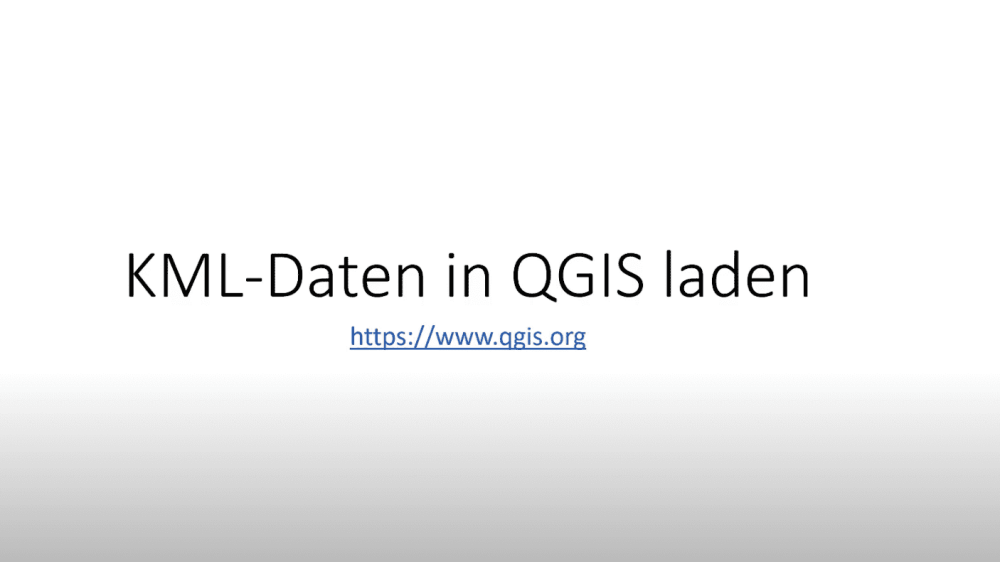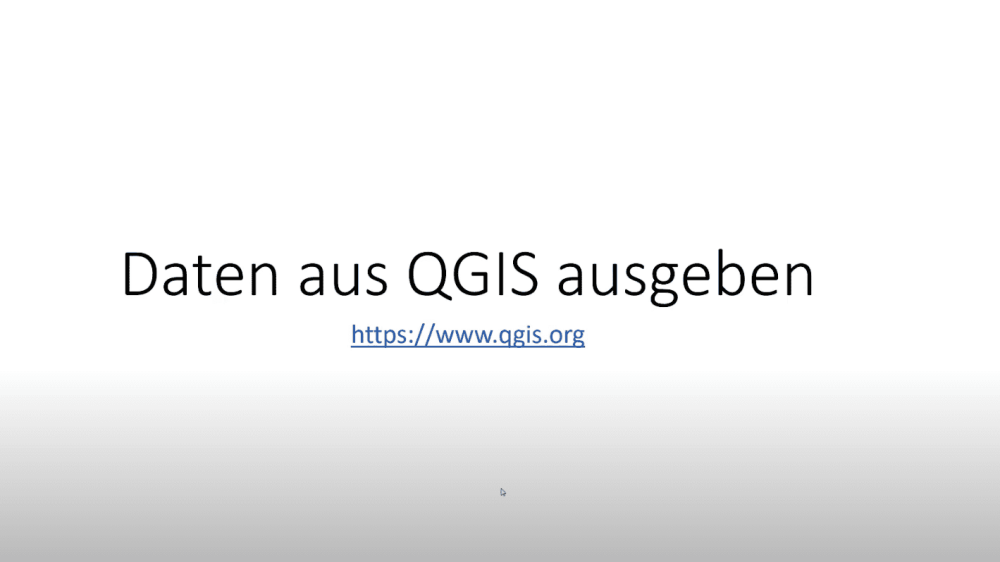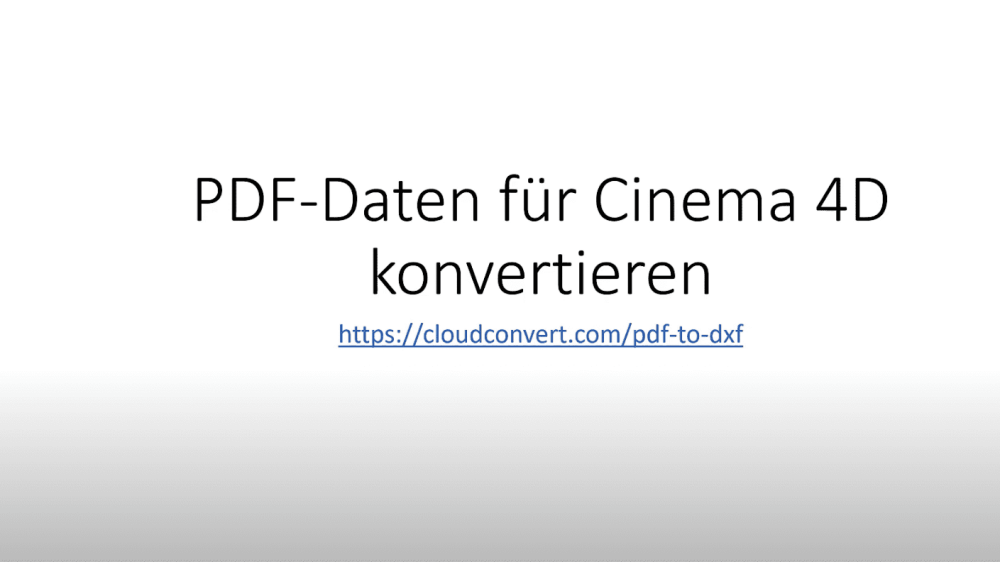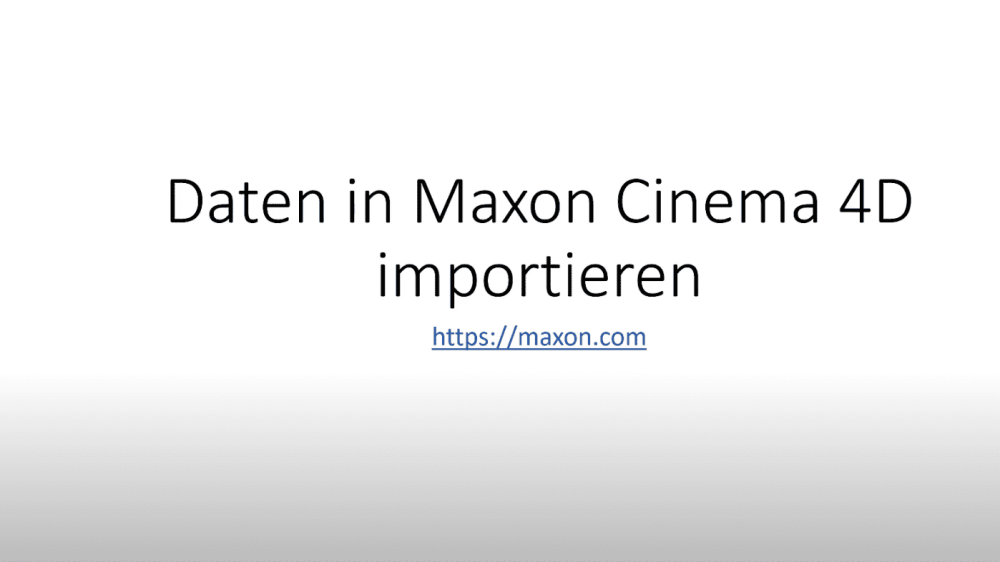Digital4Humanities: Videos on digital methods, processes or tools and humanities questions
Videoreihe: Einführung in die 3D-Rekonstruktion
Image: Digital4HumanitiesVideo Series: Introduction to 3D Reconstruction as a Research and learning/teaching method in the Historical Sciences
In a series of four videos, you will receive an introduction to 3D reconstruction as a research and teaching method in the historical sciences.
The video tutorials were developed by Prof. Dr. Sander Münster de and realized in the Digital4Humanities de project.
Videoserie: Photogrammetrie
Image: Digital4HumanitiesVideo Series: Photogrammetry - History, Processes and Application
In the video tutorials, you will receive an overview of the history, application, and practical implementation of photogrammetry in art education using the software Meshroom.
The videos are part of the project ART4.0 - Digital Art HistoryExternal link at the Institute for Art History at the Heinrich-Heine-University Düsseldorf. They were realized in cooperation with the project Digital4Humanities de at the Friedrich-Schiller-University Jena.
Videoreihe: Datenschutz in der wissenschaftlichen Praxis
Image: Digital4HumanitiesVideo series: Data protection in scientific practice
These video tutorials introduce you to the topic of data protection in science and guide you in the use of the DARIAH ELDAH Consent Form WizardExternal link to create your own DSGVO-compliant declaration of consent.
The videos were designed by Julia Krottmaier and Walter Scholger at the Center for Information Modeling - Austrian Centre for Digital HumanitiesExternal link at the University of Graz and realized in cooperation with the Digital4Humanities project at Friedrich Schiller University Jena.
Videoreihe: Maschinelles Lernen in der Literaturwissenschaft am Beispiel von Named Entity Recognition
Image: Digital4HumanitiesVideo Series: Machine Learning in Literary Studies using Named Entity Recognition as an Example
This video series addresses the topic of machine learning in literary studies. At the beginning, the term machine learning is explained. Furthermore, the procedure of Named Entity Recognition is introduced and an example is used to demonstrate how one can train and use such a model oneself.
The videos were developed by Marie Flüh and Sandra Bläß in the Dehmel Digital projectExternal link at the University of Hamburg and implemented in cooperation with the Digital4Humanities project de at Friedrich Schiller University in Jena.
Videoreihe: Digitale Bauaufnahme
Image: Digital4HumanitiesVideo series: Digital building recording
The Digital Building Recording video series demonstrates the process from the recording of a synagogue to the further processing of the data and the creation of a 3D digital model using Agisoft Metashape, Cyclone Register 360 and PointCab software.
The video tutorials were created by Prof. Dr. Piotr KuroczyńskiExternal link and his team at Mainz University of Applied Sciences.
Video series: Digital, scientific work in art history
This video series shows how you can use digital tools to move from the topic to the paper and how you can optimize your literature search, management and organization with the literature management program Endnote. The procedure is illustrated and explained using concrete examples from the field of art history.
The videos have been created by the tutor Sophie-Luisa Hopf in the subject Art History at the FSU Jena.
Videoreihe: Querying museum data on the web
Image: Digital4HumanitiesVideo series: Querying museum data on the web
The video series Querying Museum Data on the web deals with museum data research as well as its retrieval and further processing for research purposes. There are currently three videos that illustrate and explain the individual steps involved.
The videos were created by PD Dr. Angela DreßenExternal link (Andrew W. Mellon Librarian) at I Tatti/ Harvard University FlorenceExternal link.
Video Series: Digital Historical 3D Reconstruction: Steps and Realization of a Digital 3D Reconstruction
In this video series all steps of a historically based, digital 3D reconstruction are shown: from the research of the source to the steps of the export of these data, the further processing in the geoinformation system QGIS up to the creation of the 3D model in Maxon Cinema 4D.
The video tutorials were developed by Prof. Dr. Sander Münster de and realized in the Digital4Humanities project de.
You can receive a certificate for the video lessons you have watched as a part of the Digital4Humanties project in cooperation with DARIAH.
Fill out the following form de and you will receive a response as well as a virtual certificate as soon as possible.
